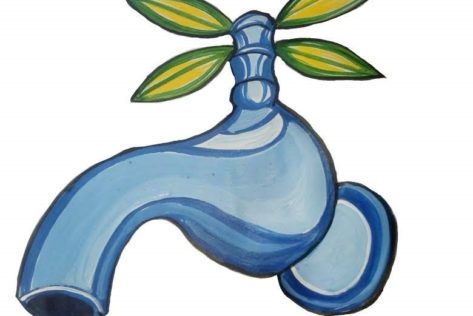PERSPECTIVES

A method for family households is employed to obtain drinking water from river water by treating it with seeds of
Moringaoleifera lam. The seeds will eliminate the river water turbidity. Subsequent heat or chemical disinfection
is needed. The number of seeds used is adjusted to the water turbidity by a self-designed dispenser. In the tests
carried out, after its application, the results obtained were found within the limits indicated for drinking water.
The project arose from the problem of lack of access to drinking water for many in the world. We started an investigation to find a technique that allows these people to obtain drinking water. In it we find the potential of the seeds of the moringa oleifera tree.

Programme manager ania.andersch@siwi.org +46 8 121 360 59